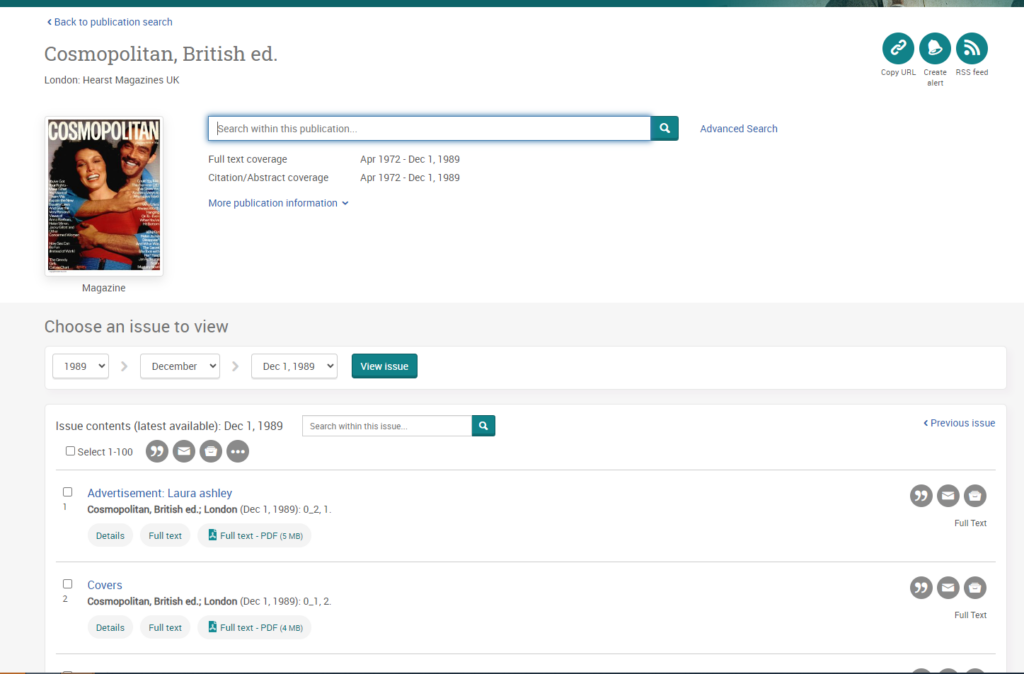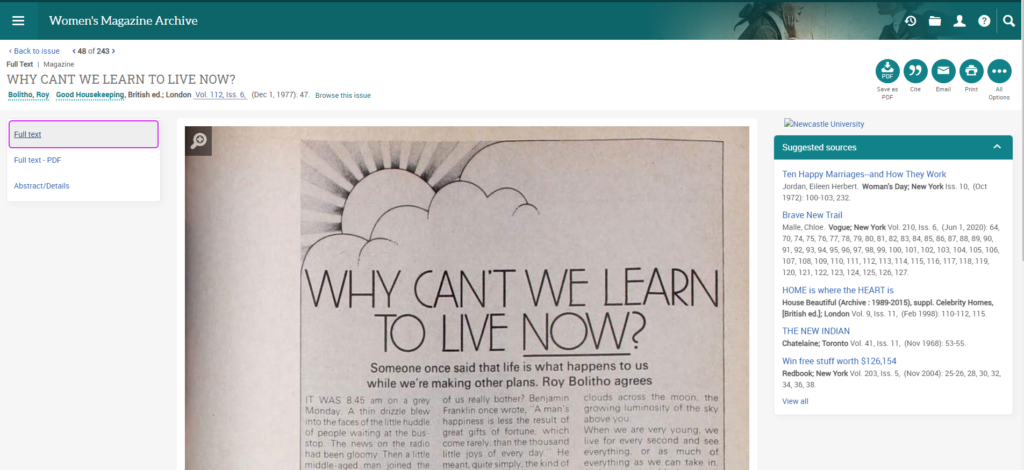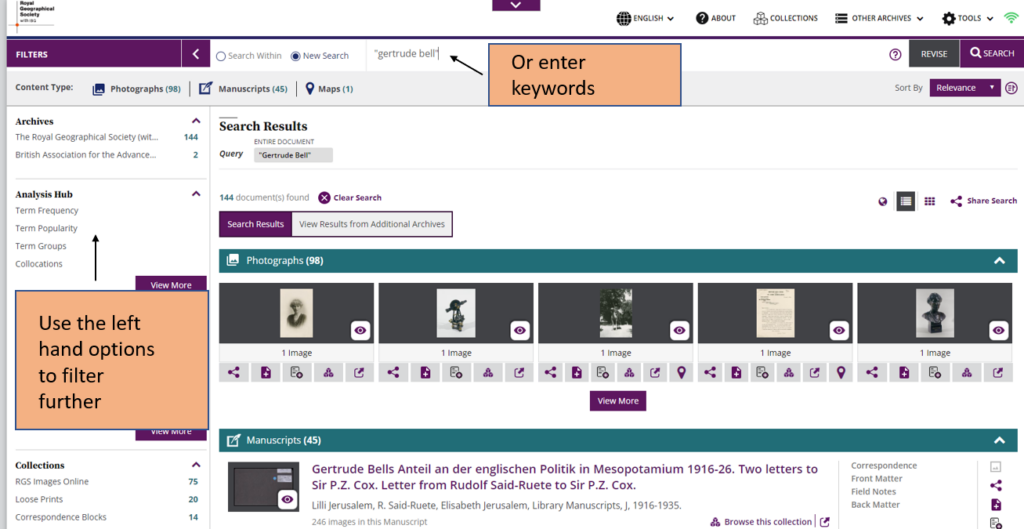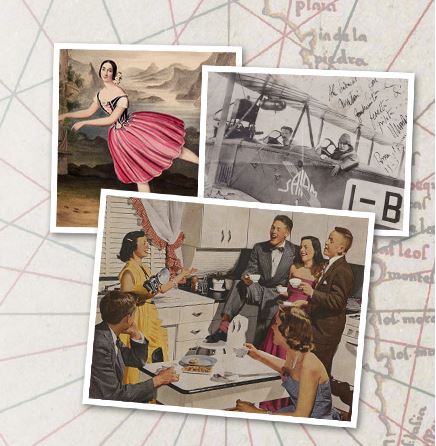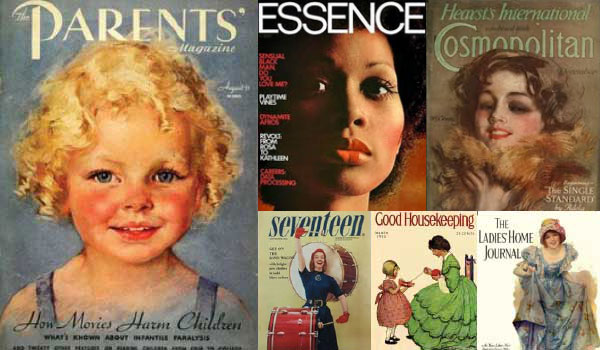Our Recommend a Book service for students allows you to tell us about the books you need for your studies. If we don’t have the books you need, simply complete the web form and we’ll see if we can buy them. For books we already have in stock, if they are out on loan please make a reservation/hold request using Library Search.
Further information about Recommend a book.
In Semester Two, academic year 2022/2023 we successfully processed 44 requests in ECLS totalling just over £3793.
| (En)countering native-speakerism : global perspectives |
| A narrative approach to life story work |
| Academic discourse across disciplines |
| Advising on research methods: A consultant’s companion |
| Audio Education Theory, Culture, and Practice |
| Australian English Reimagined |
| Beyond Smarter: mediated learning and the brain’s capacity for change |
| Brain-based learning |
| Brain-based learning : the new paradigm of teaching |
| Changing Practices for the L2 Writing Classroom: Moving Beyond the Five-Paragraph Essay |
| Cognition, Education, and Communication Technology |
| Demoralized: Why Teachers Leave the Profession They Love and how They Can Stay” |
| Developmental psycholinguistics: Three ways of looking at a childs\’ narrative |
| Digital L2 Writing Literacies Directions for Classroom Practice |
| Education for sustainable development in the Caribbean: pedagogy, processes and practices |
| English speech rhythm: form and function in everyday verbal interaction |
| Entrepreneurial Women in the Caribean: Critical inisghts and policy implications |
| Glocal Narratives of Resilience |
| Handbook of Self-Regulation of Learning and Performance |
| International Faculty in Higher Education: Comparative Perspectives on Recruitment, Integration, and Impact |
| interthinking: putting talk to work |
| Learning in Landscapes of Practice: Boundaries, identity, and knowledgeability in practice-based learning |
| Learning to Collaborate, Collaborating to Learn: Understanding and Promoting Educationally Productive Collaborative Work |
| Metacognition in Learning and Instruction: Theory, Research and Practice |
| Method Meets Art: Arts-Based Research Practice |
| Mindful L2 Teacher Education A Sociocultural Perspective on Cultivating Teachers\’ Professional Development |
| Multimodal Communication in Intercultural Interaction |
| Non-native Educators in English Language Teaching |
| Professional Capital: Transforming Teaching in Every School |
| Provoking Thought: Memory and Thinking in ELT |
| Reason & Rigor How Conceptual Frameworks Guide Research |
| Reconsidering Patient Centred Care: Between Autonomy and Abandonment |
| Reflective practice in action: 80 reflection breaks for busy teachers. |
| Revisiting Insider-Outsider Research in Comparative and International Education (Bristol Papers in Education) |
| School connectedness for students with disabilities: From theory to evidence-based practice |
| Social Communication Development and Disorders |
| The Place of English as an International Language in English Language Teaching: Teachers’ Reflections |
| The Pronunciation of Standard English in America |
| The Sage Handbook of Social Constructionist Practice |
| The Theoretical Framework in Phenomenological Research: Development and Applicat |
| Towards Dialogic Teaching: rethinking classroom talk (4th Edition) |
| Video-mediated communication |
| Voice Unearthed: Hope, Help and a Wake-up Call for the Parents of Children Who Stutter |
| Writing Your Journal Article in Twelve Weeks: A Guide to Academic Publishing Success (second edition) |


